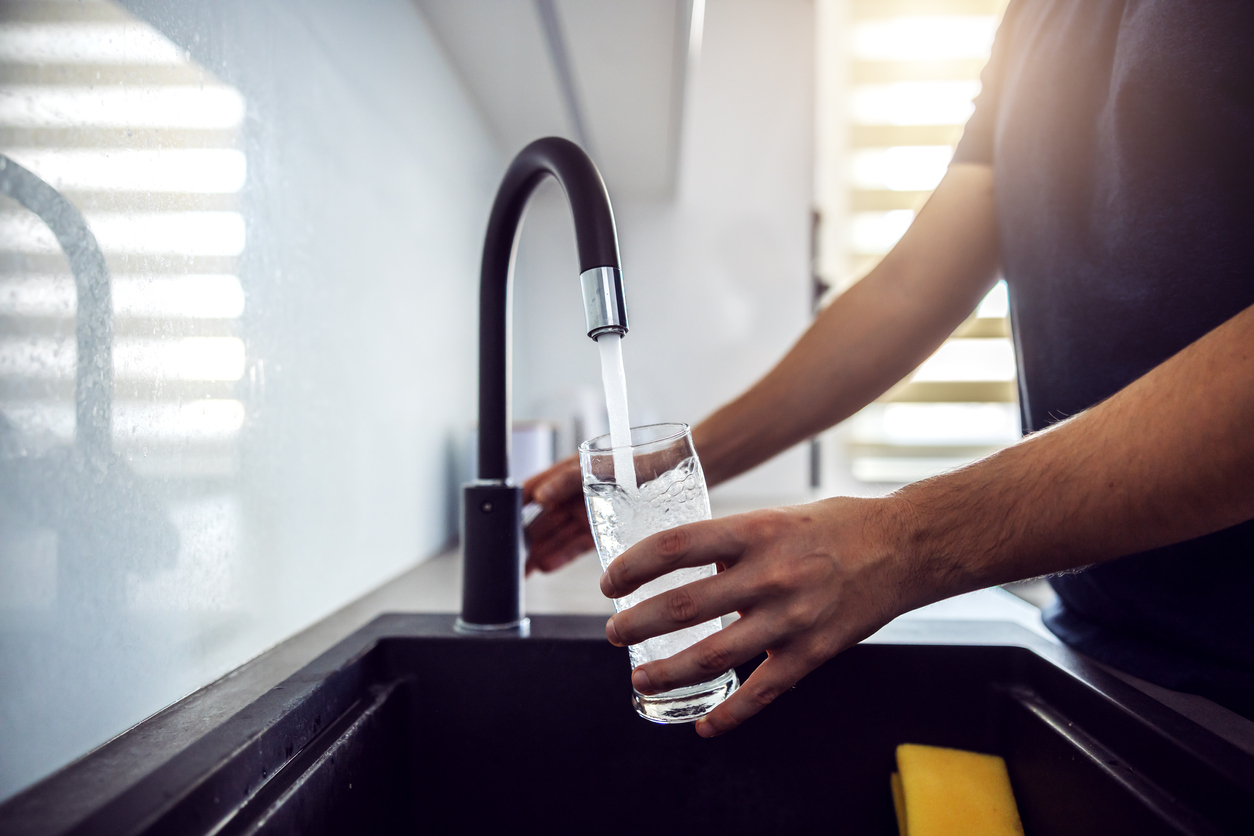Understanding Water Softening vs. Water Conditioning: What You Need to Know

When it comes to improving water quality, two key terms often come up: softening and conditioning. While these terms are often used interchangeably, they refer to distinct processes that have different purposes and benefits. In this blog, we’ll explore the difference between water softening and water conditioning, explain how ionic exchange works, and explain why both are important for water treatment.
What is Water Softening?
Water softening is the process of removing hard minerals such as calcium and magnesium from water. These minerals are responsible for the buildup of limescale in pipes and appliances, leading to inefficiency, higher energy costs, and increased maintenance.
At HALO, we define softening as the process of exchanging hard minerals in the water with more soluble ions, which improves the water’s usability and prevents mineral buildup. The most effective way to soften water is through ion exchange.
How Does Ionic Exchange Work?
The process of ionic exchange in water softening is based on the principle of swapping ions between two substances. In the case of water softening, the hard water (rich in calcium and magnesium ions) passes through a resin bed, typically filled with sodium (Na+) or potassium (K+) ions. The resin beads have a negative charge, attracting the positively charged calcium and magnesium ions in the water. These hard minerals are then exchanged with sodium or potassium ions, effectively removing the hardness and leaving the water soft. This process is efficient and works well to address issues like scale buildup, cloudy water, and soap scum, all of which are caused by hard water.
Water Softening vs. Water Conditioning
While water softening focuses on removing hard minerals to prevent scaling and buildup, water conditioning addresses a wider range of water quality issues. Water conditioners can improve the aesthetic and functional qualities of water without necessarily removing minerals like calcium and magnesium.
HALO ION 2.0 Plus Water conditioning systems can:
- Alter the structure of minerals to prevent scaling.
- Descale existing scale formations inside plumbing and appliances
- Require no maintenance, electricity, or ongoing expense
- Warranty for 25 years parts and labor on the first 10 years
Unlike softening, water conditioning does not involve an ionic exchange process and does not remove hardness. Instead, it works by changing the molecular structure of minerals so that they don’t adhere to surfaces, pipes, or appliances. Water conditioning systems are particularly useful for people who live in areas with moderate to hard water but don’t want to remove all the beneficial minerals.
HALO’s Unique Advantage:
Our HALO 5 and H2 Zero Ultimate systems go beyond simple conditioning. These integrated, one-tank systems filter & condition to improve both water quality and mineral structure, offering a more comprehensive solution. This dual-action system not only structures minerals to prevent scale buildup, but also removes harmful contaminants like chlorine, chloramine, and sediment, offering a superior water treatment experience.
Important Consideration for Softening:
If you’re considering water softening, it’s crucial to understand that many softening systems cannot protect their resin beds from chemicals in the feed water. Chlorine, in particular, can degrade the resin bed, compromising the effectiveness of the softener and potentially voiding its warranty. To protect your softener, additional filtration is required before the softener, which most softener companies won’t mention. HALO’s integrated systems, however, offer a distinct advantage by combining filtration and conditioning in one, saving you money and ensuring that your system’s warranty remains intact.
Which Solution is Right for You?
Both water softening and water conditioning can dramatically improve your water quality, but the right choice depends on your specific needs. If you live in an area with extremely hard water, softening may be necessary to protect your home’s plumbing and appliances from the damaging effects of scale buildup. However, if you want to improve water quality and taste without removing minerals, conditioning may be a better option.
At HALO, we believe in offering a full range of solutions to suit every type of water quality need. Whether you need soft water, conditioned water, or both, we provide systems that fit your unique requirements, delivering clean, safe water that benefits your home, your appliances, and your family.
Contact HALO today to learn more about the best water treatment solutions for your needs!


